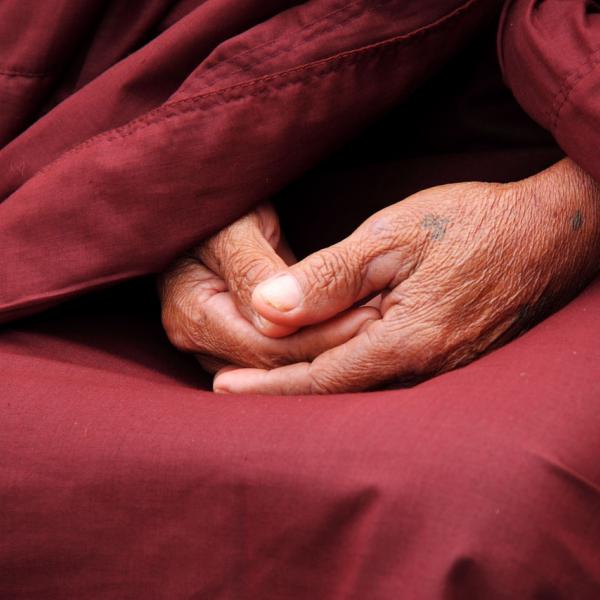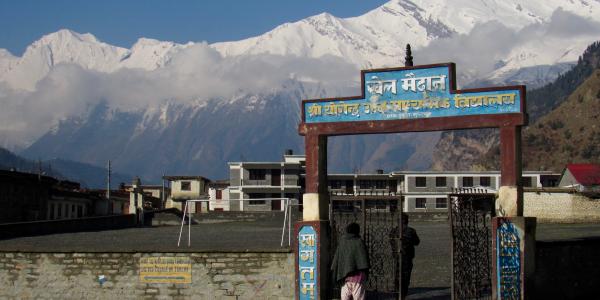Why sociocultural anthropology?
Sociocultural anthropology doctoral students at Washington University enjoy a sense of community and wide range of intellectual offerings. Our theoretical and topical interests are diverse, as reflected in the research statements of faculty and current students.
Mentoring and Collaboration
The faculty has a strong ethos of open doors and regular meetings with PhD students, with intensive input coming from primary supervisors and other faculty. Faculty-student interaction is also promoted through several regular forums such as Ethnographic Theory Workshop, Agri-Food Workshop, Writing Group and Culture Club. In many cases faculty and students collaborate in research.
Students also benefit from several institutional collaborations. Our program maintains strong links with the Washington University School of Medicine and we advise MD/PhD students. We also work with Washington University’s Brown School, and students may earn both the PhD and MPH.
The Trans-Atlantic Forum brings together students and faculty at Washington Univ., the École des Hautes Études en Sciences Sociales in Paris, and the Univ. of Amsterdam. Students may spend a semester of study in Europe and may take a dual degree.



